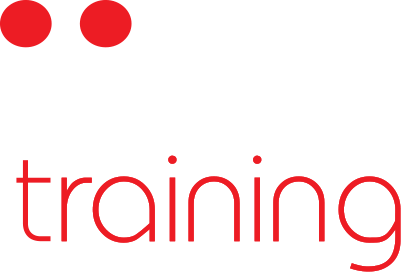Over the past few years, it has become popular for employers to allow and even encourage their employees to utilise their own computer and mobile devices within the workplace. The idea of Bring Your Own Device (BYOD) is an interesting one, and it presents both benefits and challenges for workers. As BYOD becomes more common, these advantages or disadvantages may become even more apparent. Let's take a look at the pros and cons of bringing your own device for use at work, and examine how this idea might apply to IT training.
Why BYOD Makes Sense
Employees at many companies in various industries are now being permitted to bring their own device for use in the workplace. In many ways this makes a lot of sense. For an organisation, eliminating the need to supply each and every employee with a computer, iPad, or other device would save tremendously on operating costs. Nearly everyone these days has a personal computer or device, so asking employees to bring their own would not generally be considered a burden. A portable device such as a laptop can also easily be transported from the home to the office, encouraging employees to "take their work with them," perhaps even catching up on projects while outside of work.
Bringing Your Own Device Could Have Real Benefits in Work and in Training
Using your own computer or device for work has the potential for great benefits. Both in day-to-day work and in the training environment, having your own device gives you a great advantage. While performing work on your device, using your own means you have a greater sense of the layout and organisation of the device. This may help make you more productive and efficient with your work. Existing familiarity with your device means you'll feel more comfortable using it. and when undertaking IT training, you will more readily be able to adapt to new concepts and technologies. As the device is your own, you can also easily bring it home to consider working on your IT training. This might mean that the BYOD idea allows trainees to more quickly acquire and improve upon new skills.
Challenges of the BYOD Concept
Despite the advantages, the BYOD concept presents some significant challenges. For the employee, the device must be supplied at your own cost, which could be an obstacle for some. In the event that you misplace the device or it gets stolen, the company won't replace it, and it will be your responsibility to purchase a new one. In terms of company safety, a personal device has the potential to get a virus and negatively affect the rest of the company. There is also the possibility that your device could be compromised, causing a leak of confidential information or a tragic loss of important business data.
Device Diversity as a Smart Option
For businesses who want to stick with the BYOD idea, there are options to protect both the business and the employee. A concept known as device diversity can ensure that there remains a division between devices and the overarching systems of the company. Device diversity connects business applications and programs to user identities as opposed to devices, allowing the users to access the programs from any device. The business IT department controls the companies data, leaving the individual users to control their own personal data and programs. This is a great approach both for work and for training, giving the employee to freedom of easy access to their data, while providing security for the business.


